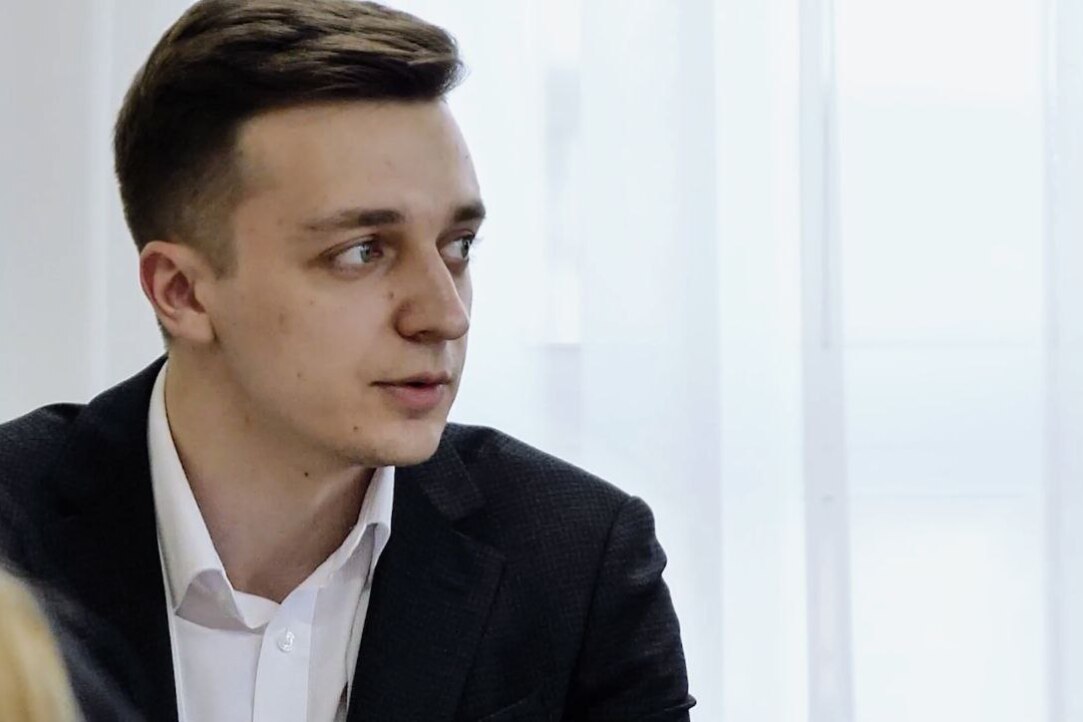‘The Main Advice is Not to Be Afraid of Uncertainty’—Graduate of Comparative Politics of Eurasia on His Studies and Career in GR
Mikhail Grechishnikov enrolled in the Master's programme 'Comparative Politics of Eurasia' right after graduating from the Bachelor's programme 'Asian and African Studies' at HSE University-St Petersburg. The master's degree gave him a lot of opportunities: Mikhail made new acquaintances, studied important subjects such as data analytics, decided on the sphere he would like to work in, and started his career in the Government Relations Department at Megafon. He talks about all of this and more in his interview.

— What bachelor's programme did you study on and why did you apply for the Master's programme 'Comparative Politics of Eurasia'?
— The university opened up a whole new world for me: new knowledge, new acquaintances, friends and opportunities. All of this happened as a result of one summer day in 2016, when after arriving in St Petersburg, I was looking for a place to submit my documents. My journey started with the Bachelor's programme 'Asian and African Studies'. The programme was quite new. That might scare a lot of people, but the team of professional lecturers persuaded me to choose this particular direction.
After graduating from the Bachelor's programme, I focused on political science. HSE University-St Petersburg offered a political science programme in 'Comparative Politics of Eurasia'. I wanted to combine my existing knowledge of the Middle East and Asia and the languages I studied with a more practice-oriented direction. Some say that political science is more about theoretical knowledge, but I saw a practical path for further development.
— Were you looking for a job while studying?
— I was definitely trying to. Now, lots of students work, undertake internships and get ready to become full-fledged experts in their spheres while they are still studying. This is what I also did, as I didn't want to waste time. I have experience working in a start-up, volunteering, and doing project work. However, I only found a permanent job by the end of my studies.
— Where do you work now? Why did you choose this sphere?
— Now, I work at Megafon, in the Government Relations (GR) Department. It is hard to say why I chose GR. There was no underlying financial idea or career hype, as there is with the IT sphere. I will simply say that I have a passion for it and that this field overlaps with my education in many things, so the choice of a workplace was obvious.
— Are you a connecting link between the state and business? This is a rather responsible position. With which side is communication built better?
— Yes, it is. All communication between the company and state bodies goes through my department, including me. It is not only about correspondence and meetings, as many people might think. It is also about implementing various projects: from social to commercial, from construction to IT. In addition, it involves working with state normative legal acts. Our task is very simple: to bring the efforts of business and the state into one channel to make our country and the world around us better.
— How did your studies on the master's programme help you in your employment? What skills from the bachelor's programme were useful to you?
— It would be silly to single out only one aspect, so I will say 'all of them'. These include new knowledge, the people who surrounded me during my studies, and even the professors' experience. But the most important thing is the opportunity to choose the direction of your studies and the subjects which are truly important to you. I even managed to combine the incompatible, having chosen the MagoLego subject 'Development of Digital Products' and some courses in data analytics. I knew that the world strived for overall digitalisation, so even basic knowledge from these spheres could help to build my career and develop as a specialist.
The most important skill is to notice the details and immerse yourself deeply in the question at hand. Even if the information you have doesn't directly affect the studied question at first sight, it can still play a key role. That is why you should always take everything into account.
— Do you have any advice for applicants? When should they start thinking about their choice of future profession?
— The main advice is not to be afraid of uncertainty. It doesn't matter what is behind the closed door of studies, work, and how hard the journey is. The most important thing is how you show what you are capable of in the process. This is how the modern world will assess you and check your readiness to move on. You may not reach your goal, and not all problems and tasks are resolvable, but the path you took to reach it will say a lot about you.
The sooner you take care of your choice of professional path, the more opportunities will open up to you within HSE University. These opportunities increase every year. New students should simply be envied and wished luck.
Interviewed by Veronika Berdnikova

